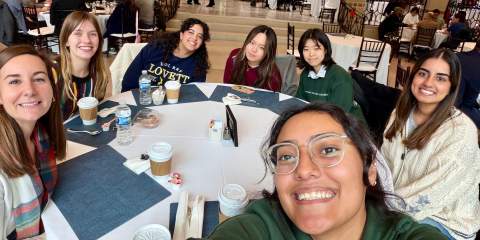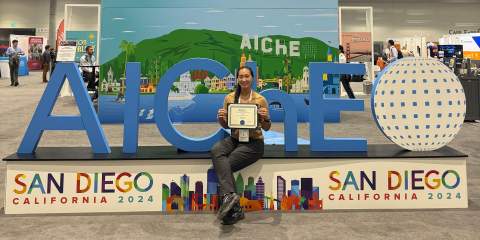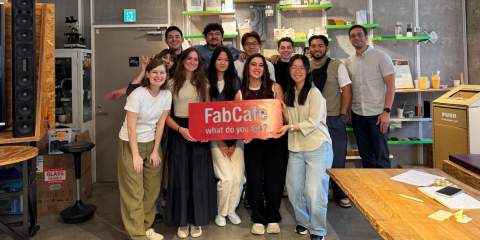Hello! I’m Drew Castleberry. I’m a rising junior at Wiess College and planning to graduate in 2024. I am majoring in Ancient Mediterranean Civilizations (AMC) and double minoring in Business and Art History. I first became interested in the general study of archaeology through Professor Fleisher’s Introduction to Archaeology course. I really enjoyed the critical thinking skills required for the job, and I did well in the course. I became interested specifically in archaeological fieldwork through Dr. Crawford-Brown. She exposed me to the opportunity at Cosa, and she helped me write my application and secure the funding to afford the trip. I truly owe this experience to her, as I could not have done it without her guidance.
Since the beginning of my time at Rice, I have been severely divided on what career I want to pursue or even what industry I fit best in. I have repeatedly gone back and forth between archaeology and business, and I have taken classes in both fields. Because the two involve completely different post-undergraduate lifestyles, it is important that I narrow down my studies early enough to prepare myself for the prospect of graduate school or immediately entering the workforce. I figured that the best way to make a decision was to experience both outside of the classroom. I have completed micro-internships and small projects in marketing and human resources, so all that was left was to secure a real-world experience in the field of archaeology. That is where Cosa came in.
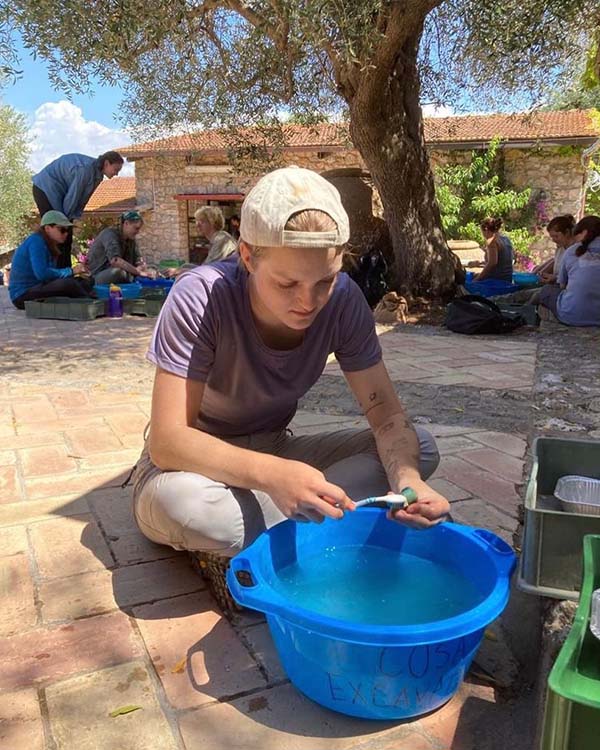
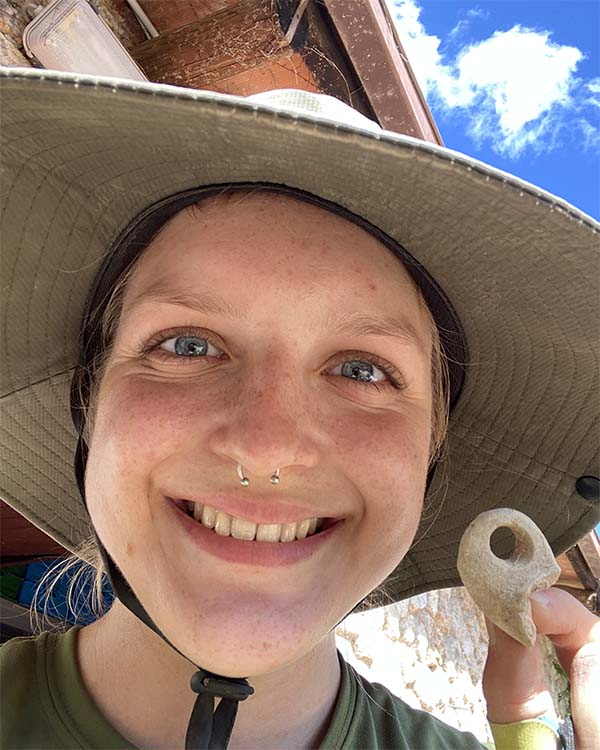
We went to site Monday through Friday, arriving at 8:15 a.m., breaking for an hour lunch at 1:00pm, and leaving site at 5pm. To ease us into the work, the staff allowed us to sleep in and leave site early throughout the first week to make sure that we were all accustomed to the time zone and to the general demands of the physical labor. Each week, everyone was assigned to a different trench with a new supervisor and trench mates. Under the supervision of the trench supervisor, we would cycle through different tasks like shoveling, pickaxing, troweling, sorting dirt, rock, CBM (Ceramic Building Material) buckets, and baulk walling. Throughout most of the experience, I was struggling with imposter syndrome. It felt like all of the other undergraduates were much more well versed in archaeological practice, the Greek and Latin languages, and Greco-Roman history and myth. While I comparatively lacked in my scholarly knowledge, I pulled my weight in the physical labor aspect. I frequent the gym back home, and I was in a Texas marching band throughout high school. So, I know how to handle myself in intense heat and know my body well enough to keep myself healthy and hydrated. It proved to be an important skill as I was in the minority group of students to not get overheated at some point in the dig.
The dig was through Florida State University, and I worked closely with a lot of master's and Ph.D. students. They were very informative on the reality of going to graduate school for classical archaeology, and I appreciate their honesty and authenticity in describing the highs and lows of graduate school. I have been on the fence about going directly into graduate school after I graduate from Rice, and their advice was the push I needed to decide that it would be in my best interest to spend a couple of years in the workforce before entering graduate school.
On weekends, we had the opportunity to visit Tarquinia, Rome, Ostia, Portus, and Sienna. My favorite was definitely Sienna. It was a beautiful city with lots of live music and small businesses. It was smaller and easier to navigate than Rome, so I was comfortable with exploring on my own. I listened to a lot of musicians outside of local shops, and I bought a painting from a local artist (she painted it right in front of me!). Besides Sienna, the runner-up for me had to be Portus. It was a major port of Rome, but it is now an overgrown forest scattered with the remnants of the once flourishing town. I got to explore the forest on my own, and it was a very peaceful and therapeutic experience.
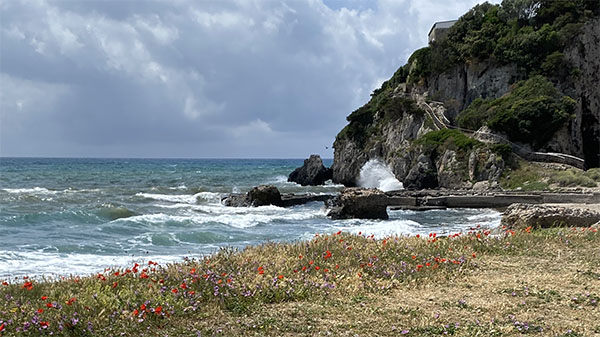
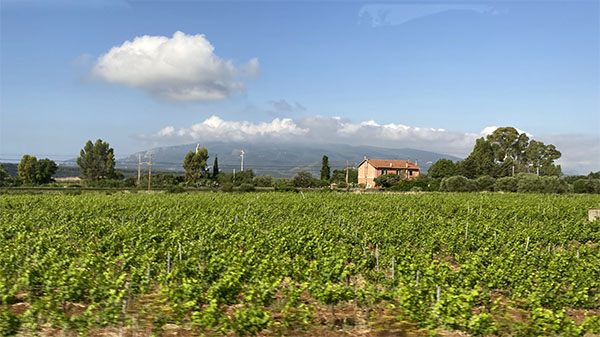
In retrospect, the most enjoyable part of the experience as a whole was the friendships that I made with the other undergraduates. I was very lucky to go with another Rice student (hi Mack!), and she and I really got to know each other throughout the dig. I was also able to meet tons of other students from colleges around the globe. I befriended people from all over the US, Great Britain, Canada and the Isle of Man. This was an invaluable experience for that reason, and we will definitely keep in touch through social media for years to come.
My biggest takeaway from this experience abroad is the conclusion that archaeology is not a well-suited career for me. I had a lot of fun and I learned a plethora of important skills while abroad, but I also learned that the lifestyle associated with archaeology is not something that I want. It was great for an isolated period of a few weeks, but I would not thrive if I made a career out of it. The dig at Cosa cemented my decision to pursue a career in the general industry of marketing, and I would not have been able to confidently make this choice without this experience. I am beyond grateful for being a part of Cosa 2022, and it was the perfect way to close out my study of archaeology.
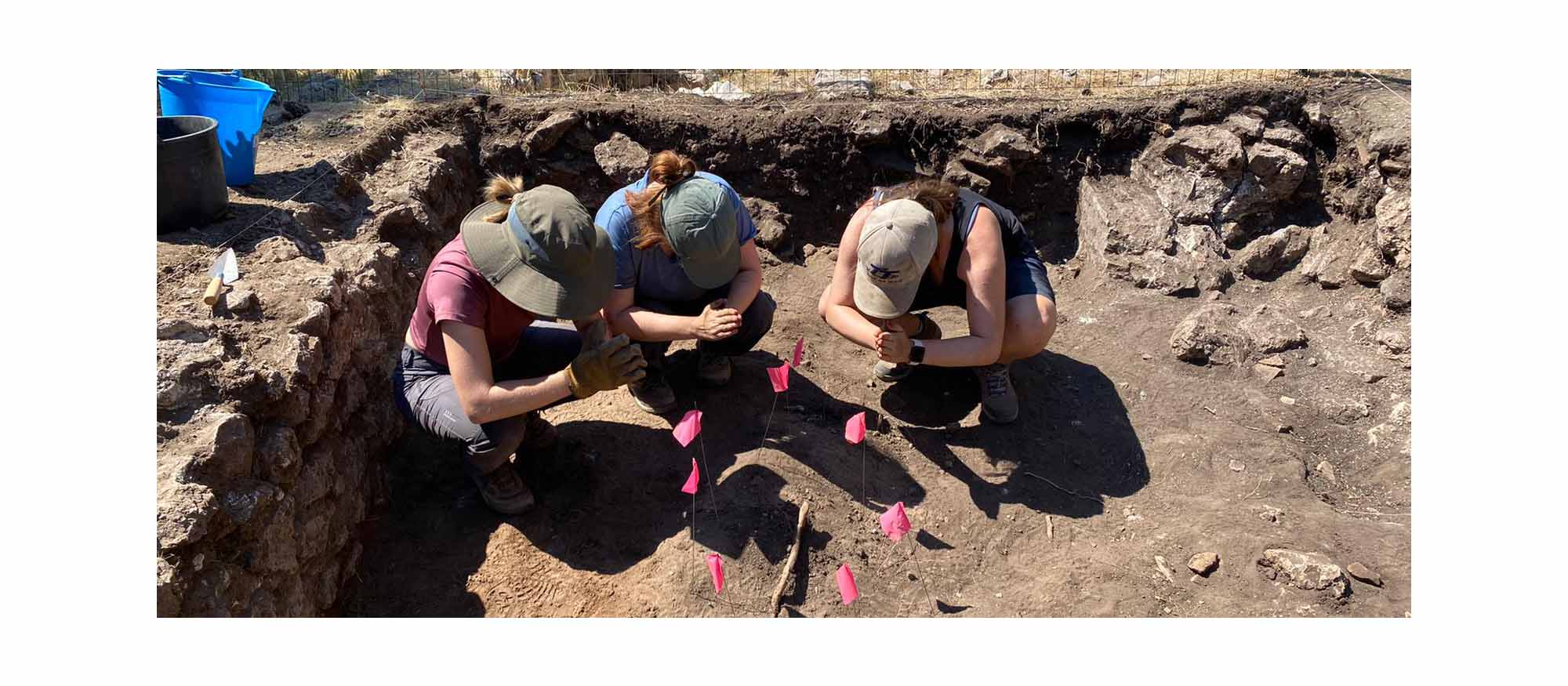
Thank you so much to Drew for sharing her experiences with us! If you're also interested in Ancient Mediterranean Civilizations, head to their website to learn more. Or check out all the other study abroad experiences Rice offers.
Keep Exploring
Landing a research position doesn't have to be a cutthroat competition! From Google Forms to sheep brain dissection, explore how Jessie, Duncan '28, navigated Rice’s limitless opportunities to secure hands-on experience in an I/O Psychology lab.
For Aoife, Wiess ‘27, being an engineering major at Rice means endless opportunities. Explore how her involvement in the American Institute of Chemical Engineers chapter at Rice has shaped her journey!
Caroline, Will Rice ’28, proves that studying abroad as an engineering student is possible! Learn how Rice’s iSEED program made her Tokyo experience a reality.
Helpful Links
713-348-7423
admission@rice.edu
M-F 8:30 a.m. to 5 p.m. CT
